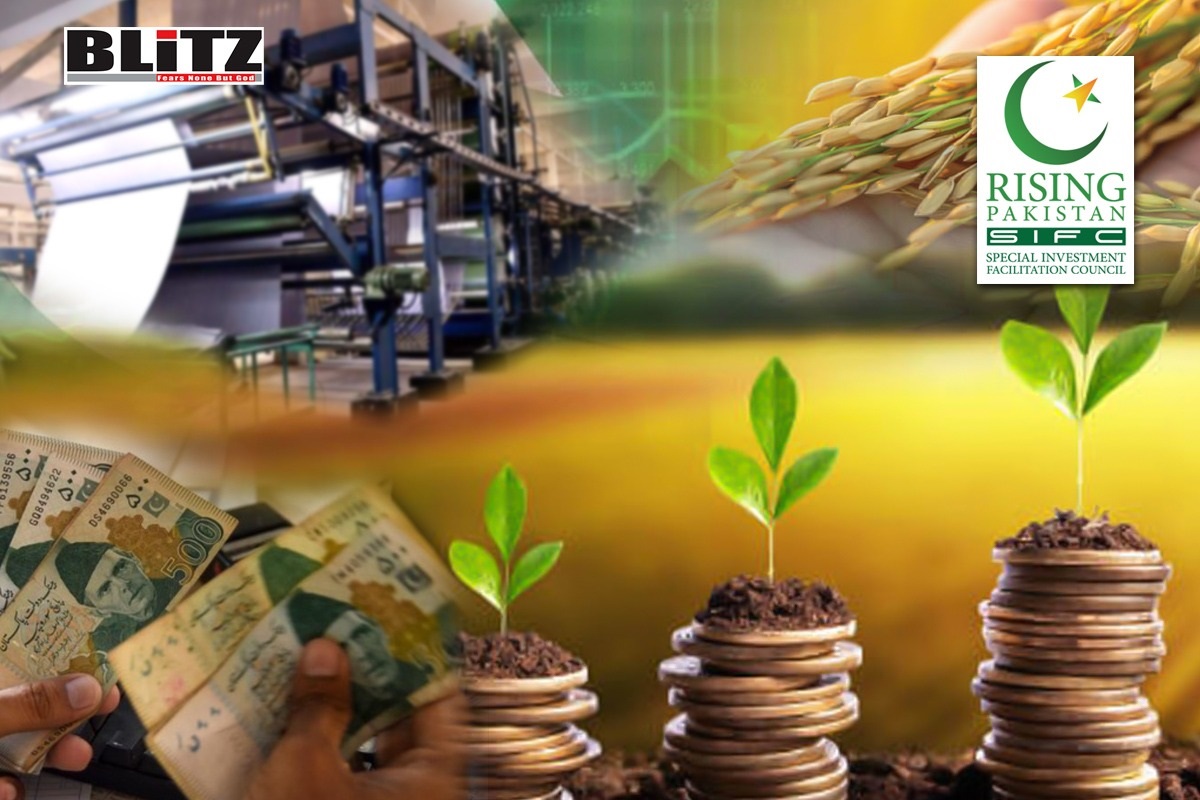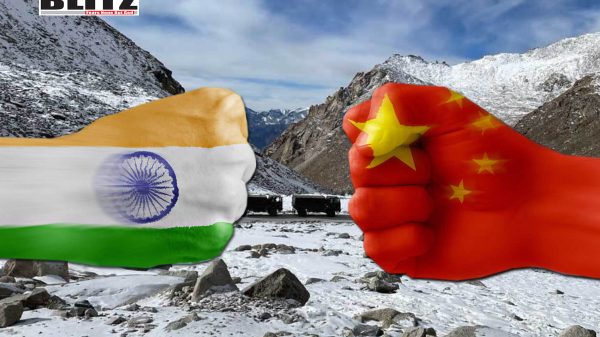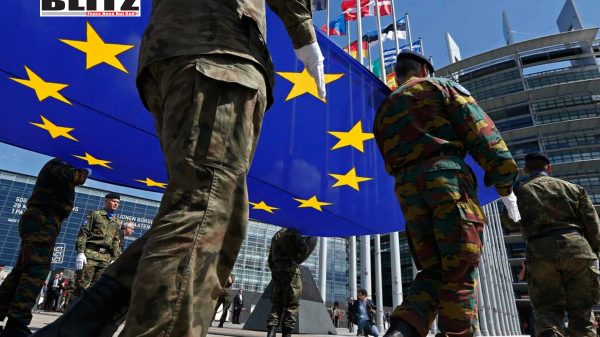SIFC can become the real game changer for Pakistan’s economy
- Update Time : Saturday, June 15, 2024

Pakistan finds itself at a crossroads as it confronts formidable economic challenges. The inflation rate is rising, the rupee is depreciating, and the foreign reserves are falling, so the country requires a strategic plan to start the economic recovery. The Special Investment Facilitation Council (SIFC) launched by the Pakistani government is a novel step taken in right direction that is set to redefine the economic sphere. With the help of encouraging foreign investment, minimizing bureaucratic red tape, and targeting specific industries, SIFC can become a driving force for the economic revival of Pakistan.
The economy of Pakistan has been vulnerable to various problems with political instability, security threats, and global economic factors. The World Bank’s report of 2023 also revealed that the economic growth of Pakistan has reduced to 1. 5%, which is much lower than the regional average of 5. 6% for South Asia. Inflation rates have risen beyond 24% thus reducing the purchasing power of the people and raising the cost of living for the average Pakistani. Also, the public debt has increased to more than 90% of GDP, which constrains the availability of funds for development projects and social services.
To this end, the Special Investment Facilitation Council (SIFC) has been established with the primary purpose of easing the challenges that come with investment making both domestically and internationally. The council’s approach is a combination of measures aimed at the vital sectors including energy, infrastructure, agriculture, and technology. As a result, SIFC aims at mobilizing large amounts of funds for investment into the Pakistani economy by utilizing the country’s geographical location, rich endowment of resources and young population.
This has been one of the major challenges that have discouraged investors from investing in Pakistan due to bureaucratic bottlenecks and non- transparency. The SIFC is expected to operate as a single-window system for investors, which will minimize bureaucratic hurdles and fast-track projects. The Pakistan Board of Investment has reported that excessive bureaucracy can lead to a rise in the cost of projects by as much as 30% and this turns off investors. SIFC’s integrated processes should reduce these lags greatly, thus making Pakistan a more favorable investment hub.
Furthermore, SIFC also pays attention to the issues of transparency and accountability. Through the use of digital tracking systems and conducting regular audits, the council is keen to reduce cases of corruption and increase investor confidence. According to the Corruption Perceptions Index by Transparency International, Pakistan stands at 140 of 180 countries, which calls for change. This ranking could be enhanced by SIFC’s commitment to transparency, which would also enhance the investors’ confidence in the firm.
Pakistan has been facing energy crisis for many years which is one of the biggest hurdles in its economic growth. Lack of electricity and frequent power rationing coupled with expensive imported fuel have hampered industrial development. SIFC intends to invest in renewable energy especially in solar and wind power that would greatly help in cutting the cost of energy and bring about more efficiency. According to NEPRA, Pakistan has the potential to generate up to 30% of its energy from renewable sources by 2030, a goal that SIFC is planning to facilitate through investments.
Infrastructure development is crucial in the enhancement of economic growth. The CPEC has already shown the impact of infrastructure investment in the region and it is expected to bring about the same change in other countries as well. SIFC intends to continue with this by attracting more funds for the road infrastructure, ports and logistics. According to the Asian Development Bank, Pakistan requires about $6 billion a year in infrastructure investment to maintain economic growth. The mobilization of these funds will be another important area of focus for SIFC.
Agriculture is one of the most important sectors in Pakistan economy, it contributes nearly 19% to the GDP and has 38% share in the total manpower. However, they have not embraced modern practices and technologies and this has led to low productivity. SIFC is to employ better technologies in farming, enhance the value chains, and promote agro-processing industries. According to the Food and Agriculture Organization (FAO), increasing agricultural yields could help reduce poverty levels and food insecurity among the populace.
It is crucial to integrate technology into the economy for the development of the modern world. The target market of SIFC revolves around the technology sector in order to encourage innovation, generate employment opportunities with high wages, and connect Pakistan to the digital world. SIFC wants to create similar success stories like India where the IT industry has become one of the major growth pillars of the country by supporting startups and attracting big IT giants.
Although SIFC offers a sound model for economic recovery, the actual results depend on the successful implementation of the concept. Political stability is very crucial and the business environment must be made more attractive for investors. Moreover, the development of partnerships with the private sector and cooperation with international financial institutions will be essential for raising the required funds.
The government also needs to make sure that the fruits of economic growth are fairly shared among the population. The concept of inclusive growth targeting the vulnerable groups or areas will be crucial for sustainable development. Education and skill development programs that are promoted by SIFC can play a significant role in preparing the workforce for the requirements of a contemporary economy.
The Special Investment Facilitation Council (SIFC) is a reflection of Pakistan’s desire to rise above its economic issues and start the process of steady development. SIFC can become the real game changer for Pakistan’s economy by encouraging investment, simplifying procedures, and targeting specific industries. If implemented properly and supported by people of Pakistan, SIFC could be the spark that will bring Pakistan out of the current state of economic despair and into a brighter future.















Leave a Reply